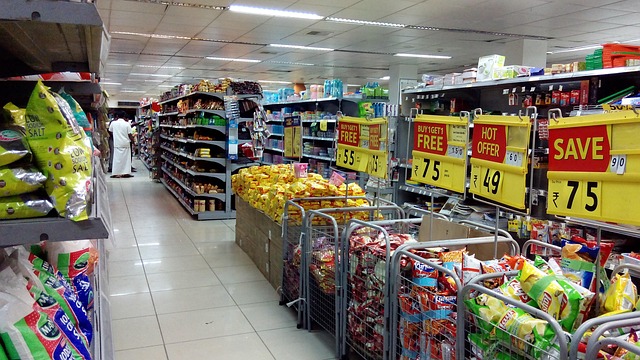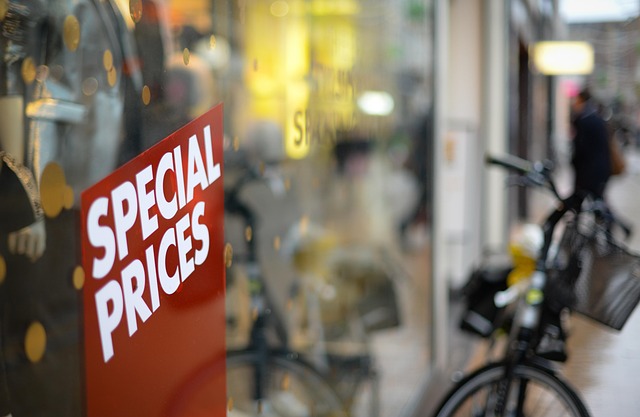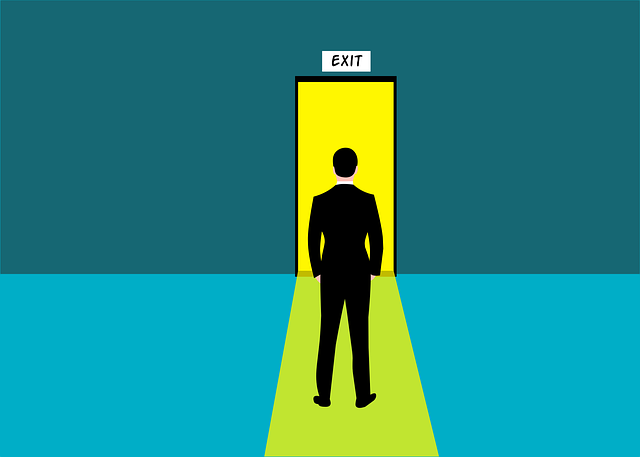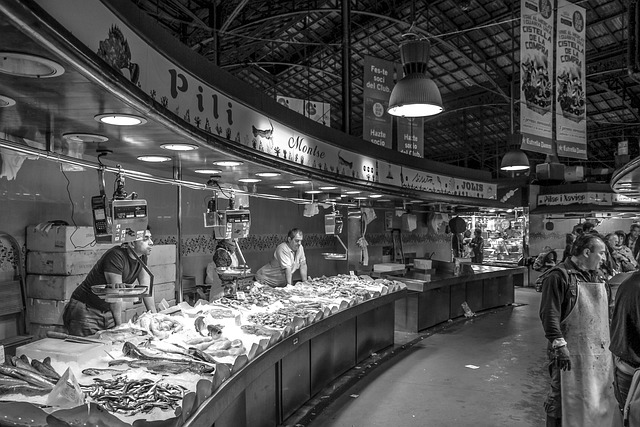Modern real estate trends integrate retail and entertainment spaces, creating vibrant hubs that blend shopping, dining, and leisure activities. This approach maximizes space utilization, caters to evolving consumer behaviors, and boosts foot traffic. Architects and developers must seamlessly blend diverse components through modular design and indoor-outdoor connections. Data-driven insights drive mixed-use concepts, enhancing community engagement and transforming traditional shopping malls into urban destinations.
Mixed retail and entertainment concepts are transforming urban landscapes, blurring the lines between shopping and leisure. In this evolving real estate landscape, integrating retail and entertainment spaces creates vibrant hubs that cater to diverse consumer needs and desires. This article explores strategies for designing hybrid concepts, market trends driving their success, and how these dynamic environments shape consumer behavior. From innovative layouts to immersive experiences, discover how modern retailers are redefining urban living.
Integrating Retail and Entertainment Spaces

The integration of retail and entertainment spaces is a rising trend in modern real estate development. This innovative concept blends shopping, dining, and leisure activities into one vibrant hub, offering a unique and immersive experience for visitors. By combining retail stores with entertainment venues, developers create an attractive destination that encourages longer stays and increased spending. Such multi-purpose spaces cater to evolving consumer behaviors, where people seek more than just traditional retail therapy.
This fusion of sectors allows property owners to maximize space utilization while providing a diverse range of offerings under one roof. For instance, a shopping mall might feature not only retail stores but also indoor theme parks, virtual reality arcades, or even mini-golf courses, making it a popular gathering place for families and friends. This approach not only enhances the overall customer experience but also increases foot traffic, boosting sales potential in both retail and entertainment sectors.
Design Strategies for Hybrid Concepts

When designing mixed retail and entertainment concepts, architects and developers must strategically integrate various components to create a seamless experience for visitors. In terms of real estate, this often involves transforming traditional spaces into dynamic hubs that cater to diverse customer needs. One key strategy is to adopt a modular design approach, allowing for flexible layouts that can accommodate shifting consumer preferences and trends. This flexibility enables retailers and entertainment venues to adapt their offerings, ensuring the space remains relevant and attractive over time.
Additionally, integrating outdoor elements and creating interconnected indoor-outdoor flows can significantly enhance the user experience. By incorporating ample natural light, open spaces, and exterior seating areas, hybrid concepts can offer a refreshing escape from enclosed environments while still providing opportunities for social interaction and entertainment. Such design strategies not only cater to modern consumer demands but also contribute to the overall vibrancy and appeal of the location in today’s competitive market.
Market Trends and Consumer Behavior

In today’s dynamic market, real estate developers are increasingly embracing mixed-use concepts that seamlessly blend retail and entertainment spaces. This trend reflects a deeper understanding of evolving consumer behavior. Shoppers are no longer satisfied with traditional shopping experiences; they seek out destinations that offer a diverse range of activities under one roof. As such, retail destinations are transforming into vibrant hubs where people can shop, dine, relax, and enjoy entertainment all in one place. This integration creates a more engaging and convenient experience for consumers, driving foot traffic and boosting sales.
The rise of mixed-use concepts is driven by data-driven insights into consumer preferences. Market research indicates that younger generations, in particular, value experiential retail—where the focus is on creating memorable moments rather than just making purchases. By incorporating entertainment elements like movie theaters, indoor theme parks, or interactive attractions, developers cater to these desires, fostering a sense of community and creating destinations that become ingrained in the social fabric of cities. This shift towards experiential retailing represents a significant departure from the conventional shopping mall model, shaping the future of urban real estate.






